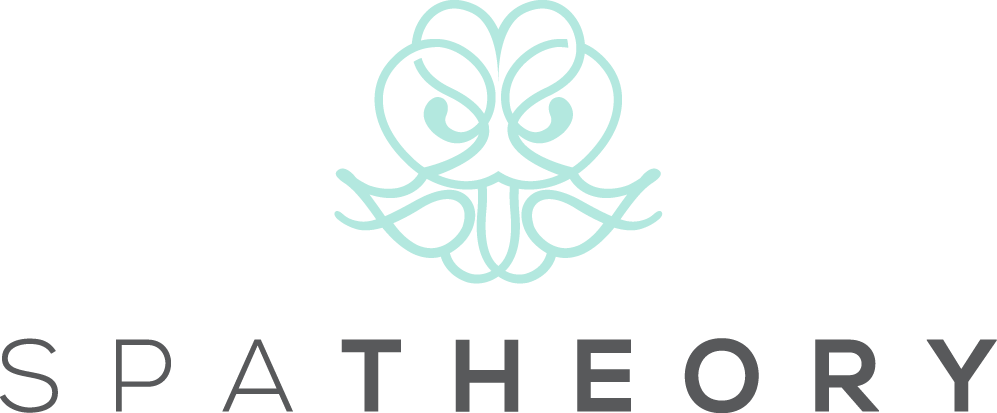Massage for Depression: How It Can Help?
Depression, the black dog, the blues - whatever you want to call it, depression is a complex and often misunderstood mental health issue; while many people are aware of its symptoms, few truly grasp the underlying causes and the nature of comprehensive treatment.
In recent years, alternative therapies have emerged as complementary treatments alongside traditional methods and medications, with massage therapy becoming an increasingly popular option. In this blog, we’re going to take a look at the nature and causes of depression, its symptoms, and the potential benefits of massage therapy for those suffering with the condition. Let’s take a look!
What is depression?
Depression is a common mental health disorder that is typically categorized as prolonged periods of emptiness and hopelessness, often accompanied by a lack of interest or pleasure in everyday activities. Depression can also often lead to physical symptoms, such as changes in appetite, a lack of (or too much) sleep, and reduced energy levels. While everyone experiences periods of sadness, depression is a debilitating condition that interferes with daily life and can last for weeks, months, or even years.
What causes depression?
The causes of depression are diverse and can stem from a combination of genetic, biochemical, environmental, and psychological factors. Some individuals may have a genetic predisposition to depression, making them more susceptible to the condition; others may experience depression as a result of hormonal imbalances, neurotransmitter dysfunction, or other biochemical factors.
Environmental factors, such as exposure to trauma, stress, or loss, can also contribute to the development of depression; moreover, one's psychological makeup, including their personality, coping mechanisms, and resilience, can play a role in the onset and severity of the disorder. Ultimately, understanding the interplay of these factors is crucial in developing a comprehensive treatment plan that addresses the root causes and offers relief to those struggling with symptoms.
How massage therapy can help depression
In recent years, massage therapy has gained recognition as a valuable tool in the management of depression, offering a range of benefits that can help alleviate symptoms and improve overall mental health. Here’s how regular massages can - alongside traditional treatments - help combat the blues:
Promoting relaxation and stress reduction
One of the primary benefits of regular massages is their ability to induce relaxation and reduce stress; this is particularly important for individuals with depression, as stress is a common trigger for depressive episodes. By lowering cortisol levels and increasing the production of endorphins, massage therapy can help to create a more balanced emotional state, reducing the likelihood of depressive symptoms arising. Plus, if someone suffering with depression doesn’t feel up to a salon appointment, Spa Theory offers mobile massage therapy in Atlanta, so you can reap the benefits of massage in a safe and private environment.
Enhancing body awareness and self-compassion
Massage therapy can also help to improve body awareness and cultivate a sense of self-compassion; as individuals with depression often experience negative thoughts about themselves, fostering a healthier relationship with one's body can be a valuable step towards recovery. Through the nurturing touch of massage, sufferers may begin to feel more connected to their bodies, fostering a sense of acceptance and self-love that can counteract feelings of worthlessness and self-blame.
Sleep improvement
Sleep disturbances are a common symptom of depression, and poor sleep quality can exacerbate depressive symptoms. Massage therapy has been shown to improve sleep quality by promoting relaxation, reducing anxiety, and regulating the sleep-wake cycle. By helping to restore healthy sleep patterns, massage therapy can provide a much-needed reprieve from the persistent fatigue and mood disturbances associated with depression.
Reduced anxiety
Anxiety often coexists with depression, further complicating the treatment process and prolonging recovery. Massage therapy has been found to reduce anxiety levels by stimulating the release of neurotransmitters, such as serotonin and dopamine, which are known to have calming effects on the nervous system.
Boosting the immune system
A strong immune system is vital for overall health, and research suggests that massage therapy can help to strengthen the immune system by increasing the number of natural killer cells and lymphocytes in the body. As depression has been linked to a weakened immune response, bolstering the immune system can play a crucial role in recovery and maintaining optimal health.
Pain relief
Many suffering with depression often experience physical symptoms, which can include chronic pain or muscle tension. Massage therapy can help to alleviate pain and discomfort by relaxing muscles, improving circulation, and increasing the release of pain-relieving endorphins.
Emotional release
Emotional release is another potential benefit of massage therapy: the physical manipulation of body tissues can help to release stored emotions, allowing sufferers to process and let go of any negative feelings that may be contributing - at least in part - to their depression.
Ultimately, while massage therapy isn’t going to cure clinical depression overnight, it can certainly help when it comes to improving symptoms. From enhancing your sleep quality to fostering a positive mind-body connection, regular massages can help re-establish that all-important mind-body connection

